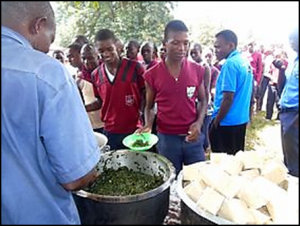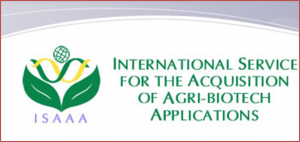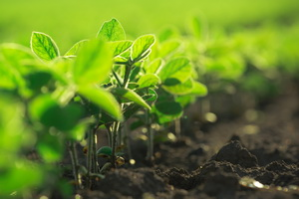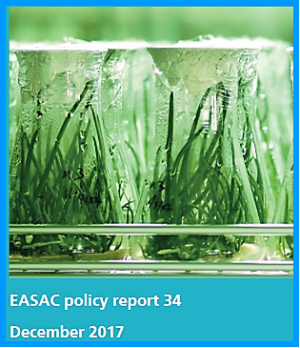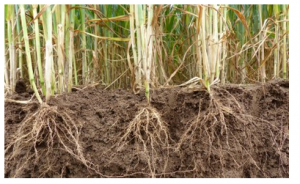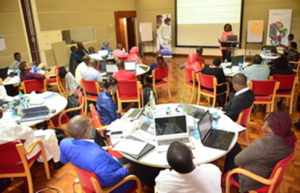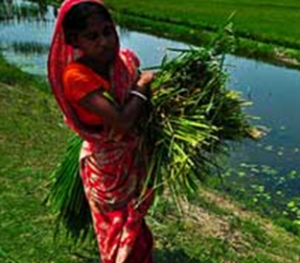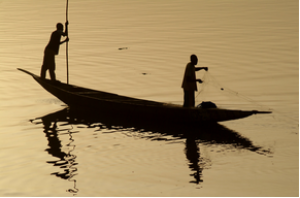Could it be that we already have the answers to some of the greatest conservation and development challenges? The international conservation organization Rare is determined to find out, and uncover them through their Solution Search competitions. These contests shed light on successful innovations in community-led conservation so that we can as Brett Jenks, CEO and President of Rare, puts it: “Find what works and repeat it”.
ISAAA releases the third and last set of the updated series Biotech Country Facts and Trends. The set features four developing biotech countries: Myanmar, Sudan, Mexico, and Colombia. Biotech Country Facts and Trends are concise summaries highlighting the commercialization of biotech crops in specific countries.
Processing of double-stranded RNA precursors is essential in regulating gene expression in plant development and stress response. Small RNA processing requires the activity of a diverse group of components. However, in most plant species, there are insufficient mutant resources to study each component. Hence, the team of Shaun J. Curtin from the University of Minnesota generated legume mutants that represent mutations in each loci involved in small RNA processing in soybean (Glycine max) and alfalfa (Medicago truncatula) using CRISPR-Cas9 and TALENs platforms.
A team of European scientists conducted a two-year, extensive analysis on the future of food, nutrition, agriculture, and health. The study is a part of the global InterAcademy Partnership project comprised of 130 science academies. The findings of the study were published in a report by the European Academies' Science Advisory Council (EASAC).
A research team from The University of Queensland has discovered that a key gene which controls flowering time in wheat and barley crops also directs plant root growth.
The VRN1 gene, known to regulate flowering in wheat and barley crops, also plays a role in the plant's ability to respond to gravity, thereby directing root growth and determining the overall shape of the root system.
Salk Insitute for Biological Sciences scientist, Joanne Chory, one of the world-renowned plant biologists, has been awarded a 2018 Breakthrough Prize in Life Sciences because of her pioneering work in discovering how plants optimize their growth, development, and cellular structure to transform sunlight into chemical energy.
There is a strong need for scientists to learn how to simplify their messages for a non-scientific audience. This was a key takeaway from a two-week science communication training workshop organized by Biosciences Eastern and Central Africa (BecA-ILRI) Hub in collaboration with ISAAA AfriCenter and the International Foundation for Science (IFS) at the International Livestock Research Institute (ILRI) campus in Nairobi.
Collective efforts must be given to combat rapidly spreading, cross-border animal and plant pests and diseases that could harm global food security. This is according to the assessment of representatives from over 20 countries who attended a meeting organized by the United Nations - Food and Agriculture Organization (FAO), World Organization for Animal Health, Bioversity International, World Banana Forum and other donors last month.
Women play an important role in the global rice sector as both paid and unpaid family labor. In many parts of Asia, women contribute at least half of the total labor input in rice production, performing backbreaking tasks such as transplanting and weeding. After harvest, it is usually the women who take care of seed storage and processing of rice (drying, milling) for home consumption.
"We need to invest in the future that we want and accompany those who need support, leaving no one behind," said the International Fund for Agricultural Development (IFAD) in a statement released at the UNFCCC COP23 in Bonn. The statement added that IFAD is ready to offer its knowledge, financing and partnership to support local and global climate action for rural and coastal communities in developing counties.


 Curently online :
Curently online :
 Total visitors :
Total visitors :
